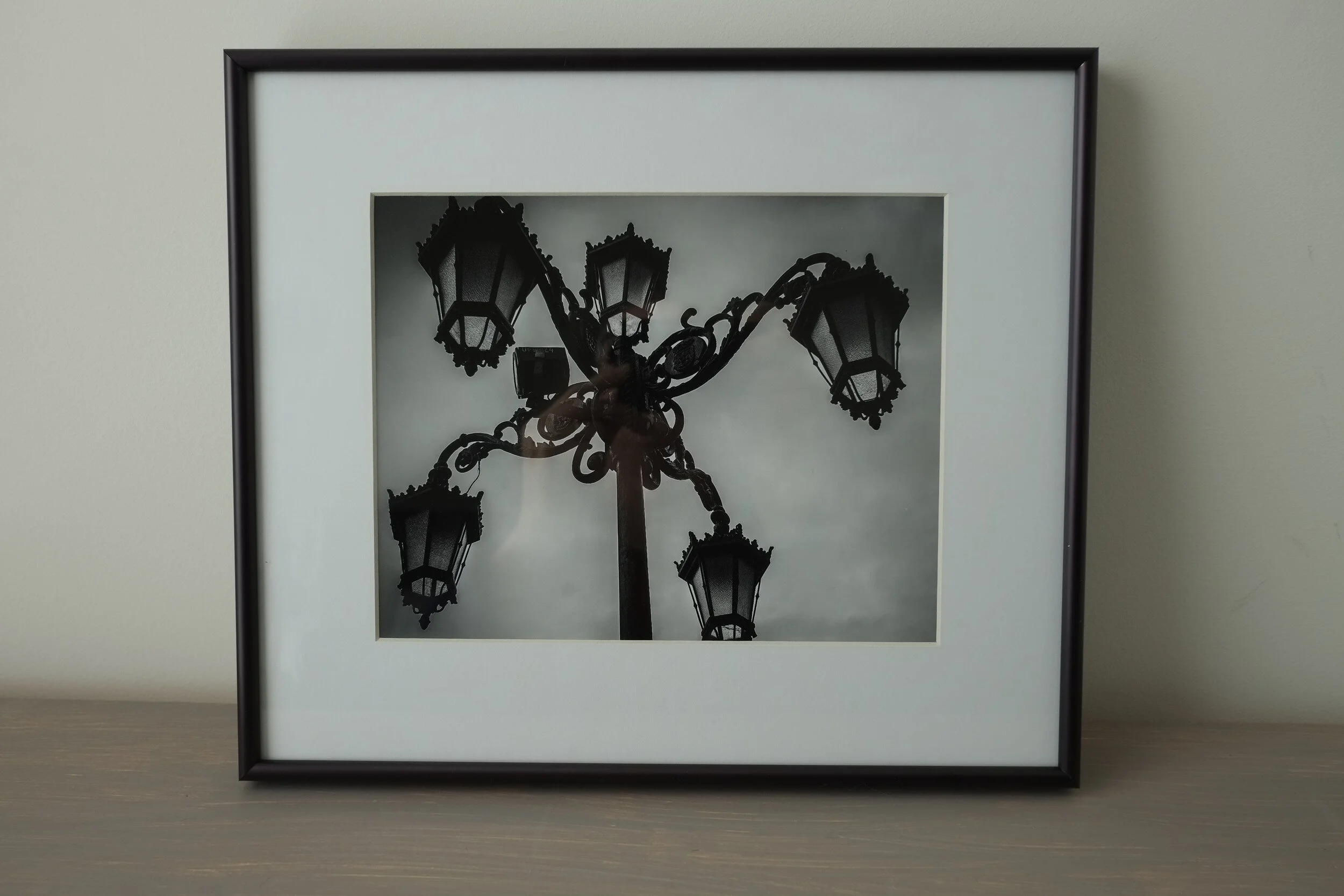Why You Really Should Print Your Pictures
Print your pictures: not only for sharing but also to preserve them
We are being flooded with images.
Today 'everyone' has a smartphone to take and share images. And it is easy and convenient to do: click-it and share-it. And 'everyone' does it. On Facebook, Twitter, Instagram, Pinterest, Flickr, and all those other social media that are out there
Now close any of your social media pages for just one minute and open it again. And then see how many new posts or messages have been submitted during that one minute.
Post something on your Instagram or Twitter account and expectantly see it appearing on top of your feed, only to disappear immediately and being replaced with numerous other messages that have been submitted at the same time.
And probably each of these messages has an image attached to it; because that is what we learned to do, to attract the attention of everyone else who is using these social media.
Images attract people, attract followers.
Saving your images in digital format seems to be the easy and smart thing to do.
Why then would you go the 'old-fashioned baby boomer' way and print your pictures? And is printing pictures something that still can be done at all?
There are actually a couple of compelling reasons to print your images.
First of all, as I explained in a previous post on this blog, you should print pictures not for you. Have them printed for your kids, your grand-kids, your family. Sitting with your children, browsing through a family photo album will trigger memories, it will have them asking about their family's histories, and it will bring back memories of loved ones.
And there is more!
Looking back at last week's post, in which I discussed the possibly most fundamental reason artists create their work, I realized that there is an additional reason for printing your images.
A lot of photographers (and with this I include everyone who makes pictures: whether for professional reasons, as a hobbyist, or just to capture moments of their and their families' lives) only save their images in digital format. This can be on their computer's hard drive, a phone, a website. And hopefully backed-up somehow in the cloud.
But think for a moment about what can happen to these bits and bytes:
Social media might change or disappear (do you remember what social media were in use before Facebook?);
Social media might change their rules and decide that some types of images are not acceptable anymore (and just delete them);
Tangible digital carriers might decompose or corrupt and the data on it might not be recoverable (how long do data on dvd's last?);
Carriers are no longer supported (who still uses floppy discs? Or had you ever images transferred to a VHS tape, or maybe even Betamax?);
And sometimes it even is our operating system that throws a wrench in the works (did you update to Windows 10?).
Bottom line: digital media can get corrupted, data can get corrupted, digital formats can be abandoned.
Now consider this: a print of a picture printed in a traditional darkroom or on a high-quality printer is a tangible product of archival quality. This means it basically will last 'forever'.
You or your parents probably have somewhere some old photo albums lying around with pictures from the 80ies, 70ies, 60ies, 50ies... do I need to go on? Have you ever been to a flea market and browsed through old photographs? Some of those prints are old. Let me repeat that: some of those prints are OLD.
So, if you are taking pictures to shout out your existence to the world: make sure you have tangible prints, which will last for future generations to see.
So, if you are taking pictures for your family: make sure you have tangible prints, which will last for future generations to see.
And yes, there are still several ways to get your images printed.
Print at home, as I do, using a high-quality printer and archival ink;
Have small prints made (which in the US can be done easily at for example Costco or CVS);
Have big prints made (there are some very good professional printing services available);
Create a photo book.
Print your pictures or have them printed: not only to share but to preserve them for the future.




